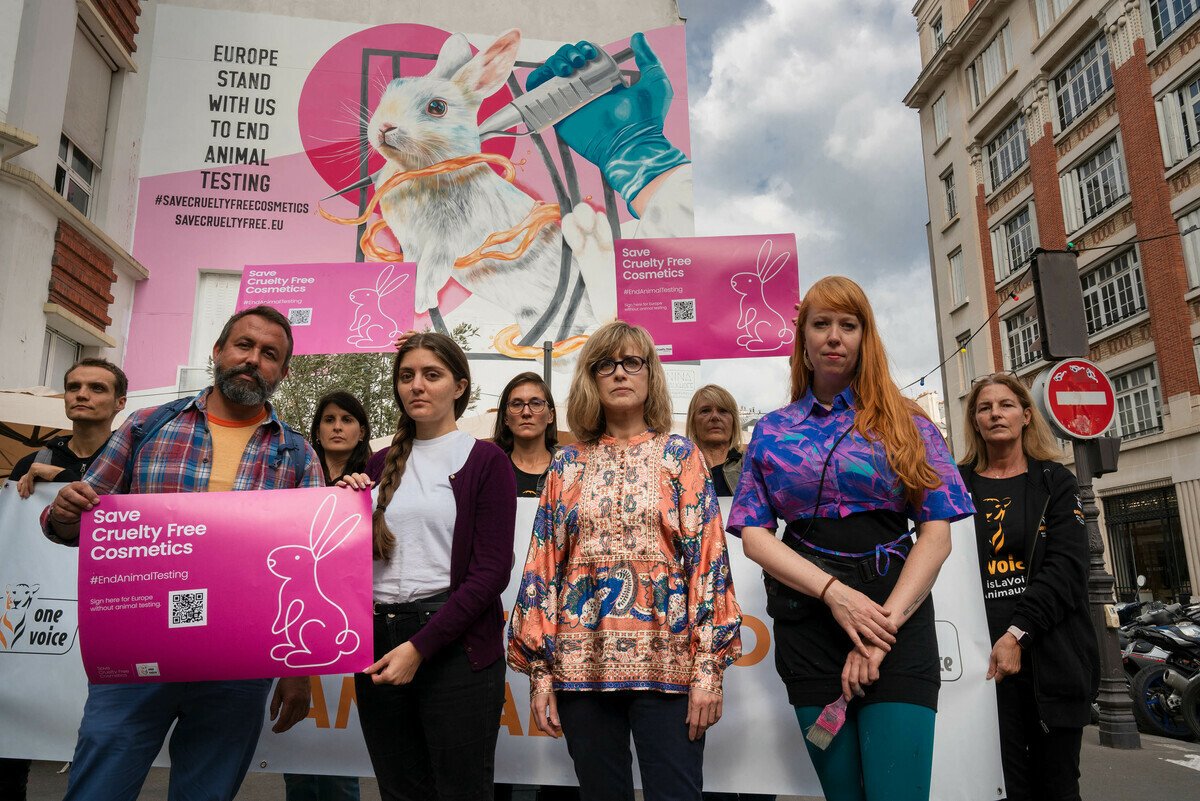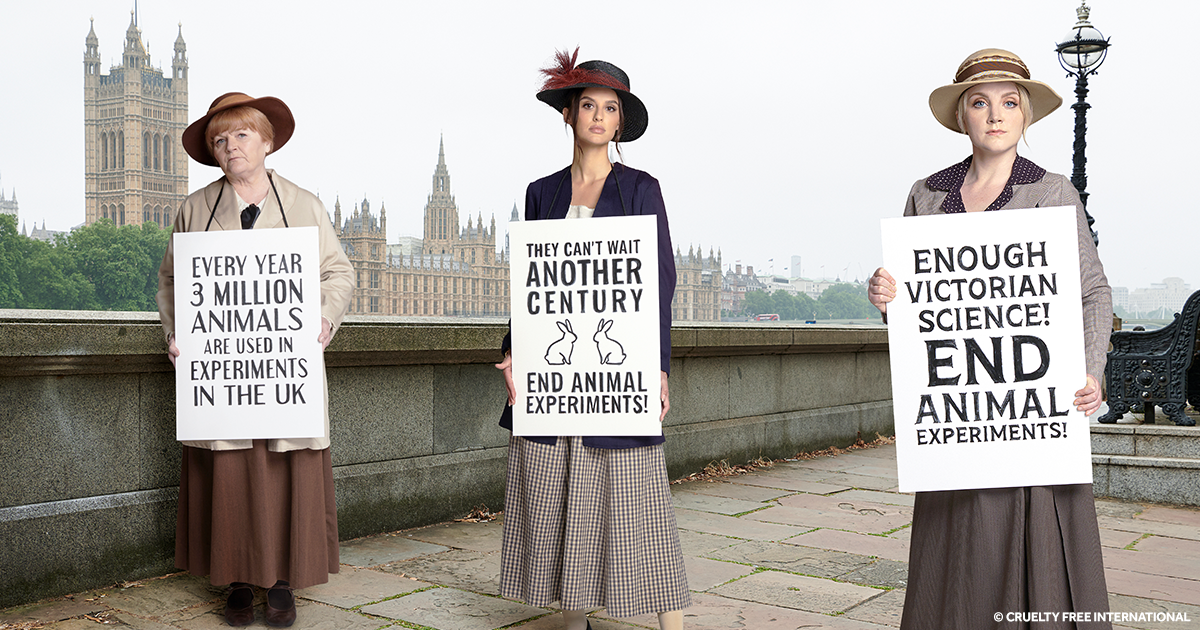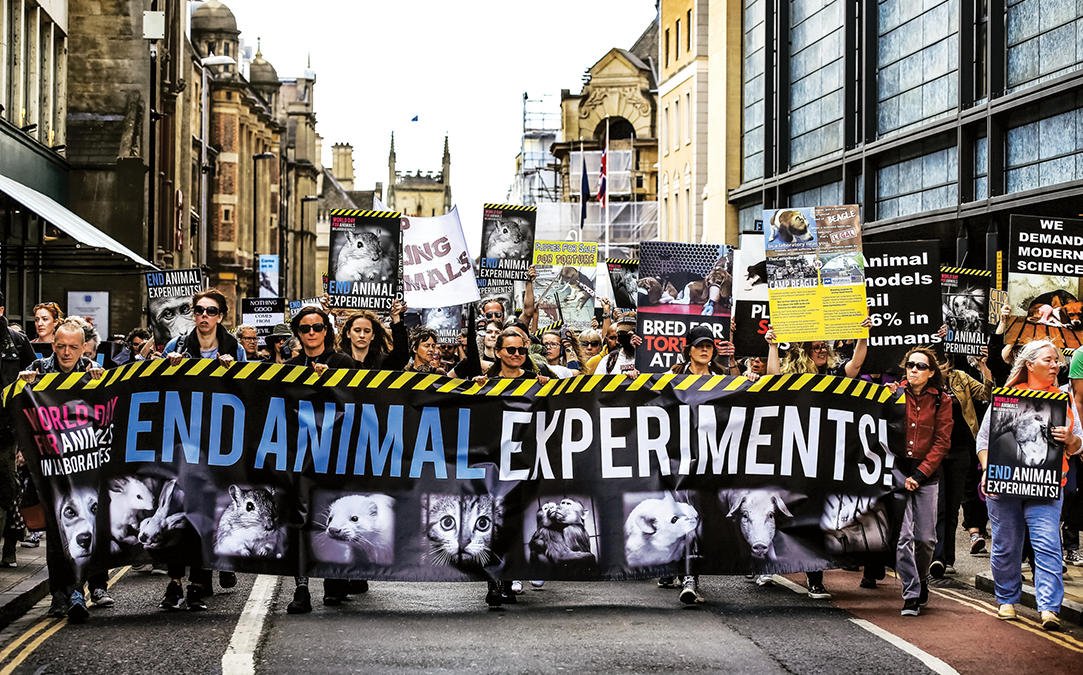WORLD DAY FOR LABORATORY ANIMALS
The 24th of April is World Day for Animals in Laboratories, a time to remember all the animals that have suffered and been murdered in terrible laboratory experiments. Despite diminishing public acceptance for the use of animals in study, millions of painful and terrifying treatments are nevertheless performed on animals in the United Kingdom each year. These tests are ethically and scientifically wrong, and they actively stifle medical advancement in many ways.
More than 110 million animals are killed in U.S. laboratories each year, including mice, rats, frogs, dogs, cats, rabbits, hamsters, guinea pigs, primates, fish, and birds, for biology education, medical training, curiosity-driven experiments, and chemical, drug, food, and cosmetics testing. Some are forced to breath deadly gases before their deaths, while others are restrained in restraining devices for hours, while others have holes bored into their skulls and their skin burnt off or their spinal cords crushed. Animals in labs are robbed of everything natural and valuable to them, in addition to the misery of the experiments—they are confined to barren cages, socially isolated, and mentally scarred. The thinking, feeling animals employed in research are handled as if they were disposable laboratory equipment.
Animal experimenters frequently use emotional justifications to attempt to convince people that their antiquated techniques are the only way to heal illnesses, but this is simply not true. In reality, the most significant recent trend in contemporary science has been the awareness that animals are rarely suitable models for the human body. Modern approaches are more precise and dependable, including sophisticated testing utilizing human cells and tissues (also known as in vitro methods), powerful computer-modeling techniques (also known as in silico models), and clinical investigations with human participants.
In an article published in The Journal of the American Medical Association, researchers found that medical treatments developed in animals rarely translated to humans and warned that “patients and physicians should remain cautious about extrapolating the finding of prominent animal research to the care of human disease … poor replication of even high-quality animal studies should be expected by those who conduct clinical research.” Human volunteer research, advanced computational approaches, and in vitro studies based on human cells and tissues are crucial to medical progress. Non-animal research methods that are cutting-edge and have been demonstrated to be more accurate than basic animal trials are available.
This new study, on the other hand, necessitates a different perspective, one that is creative and compassionate, and that accepts the underlying idea of ethical science. Human health and well-being may also be enhanced by using peaceful scientific study techniques and focusing on illness prevention before it occurs, through lifestyle changes and the avoidance of additional environmental pollution and deterioration. The public is becoming increasingly aware of, and outspoken about, the brutality and inadequacies of the present research system, and they are demanding that no tax monies or charitable donations be used to pay animal experimentation.







